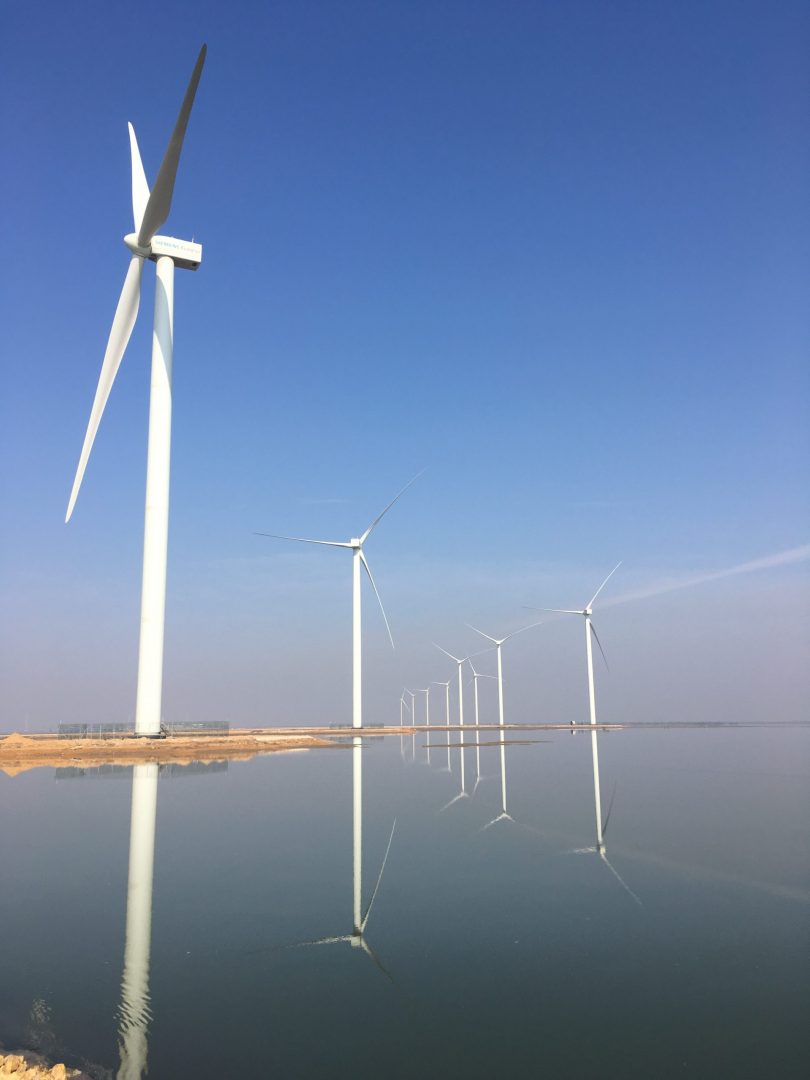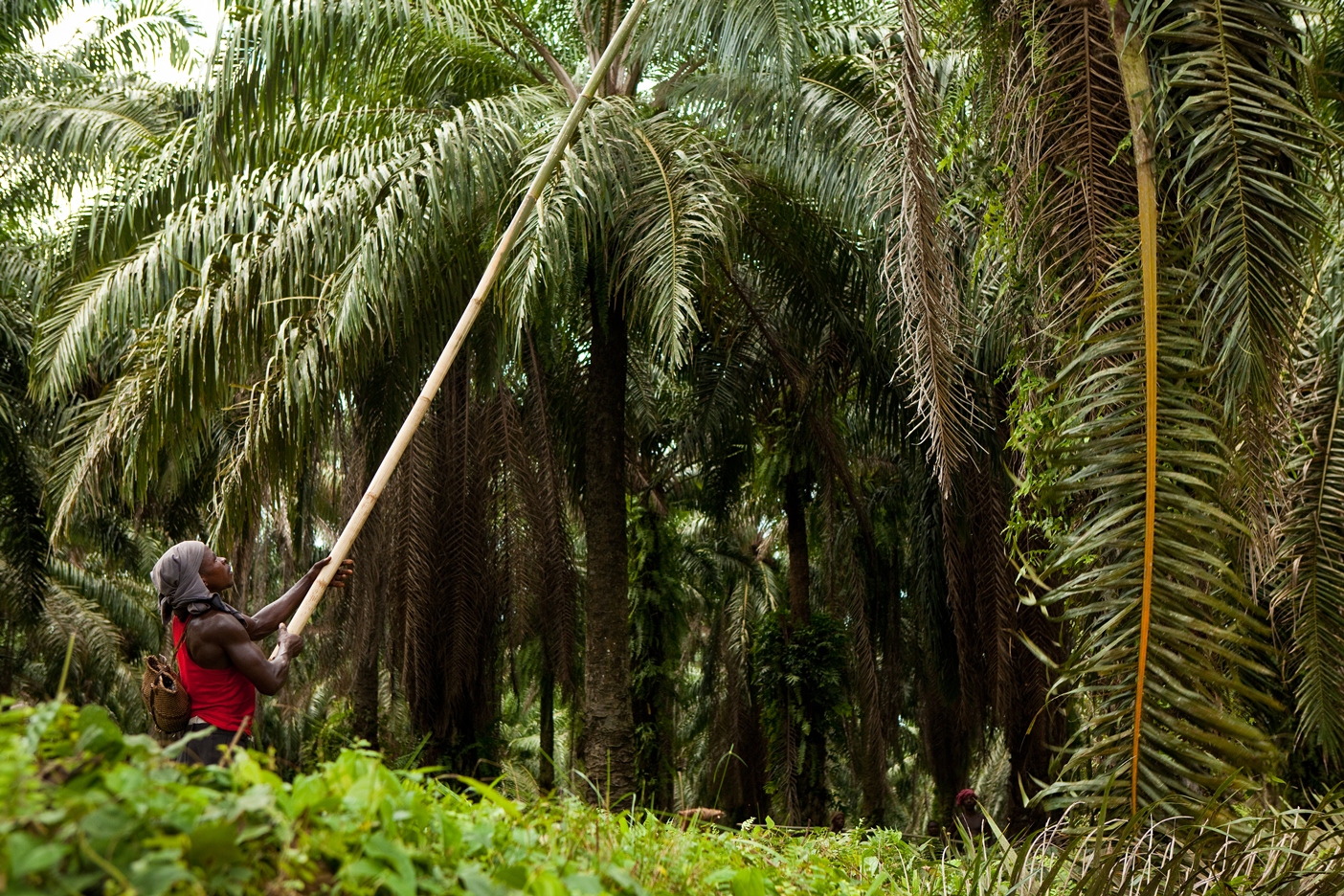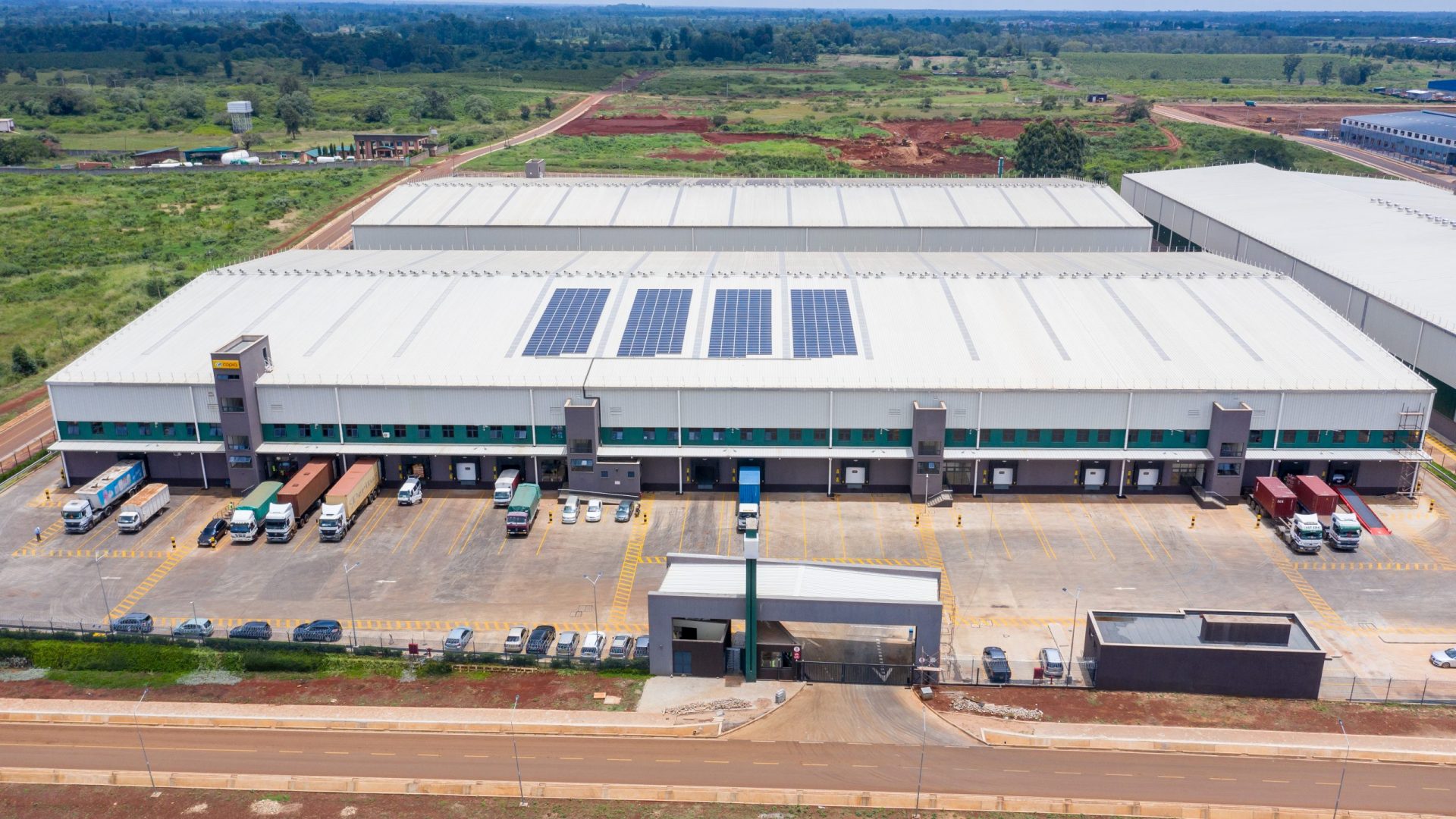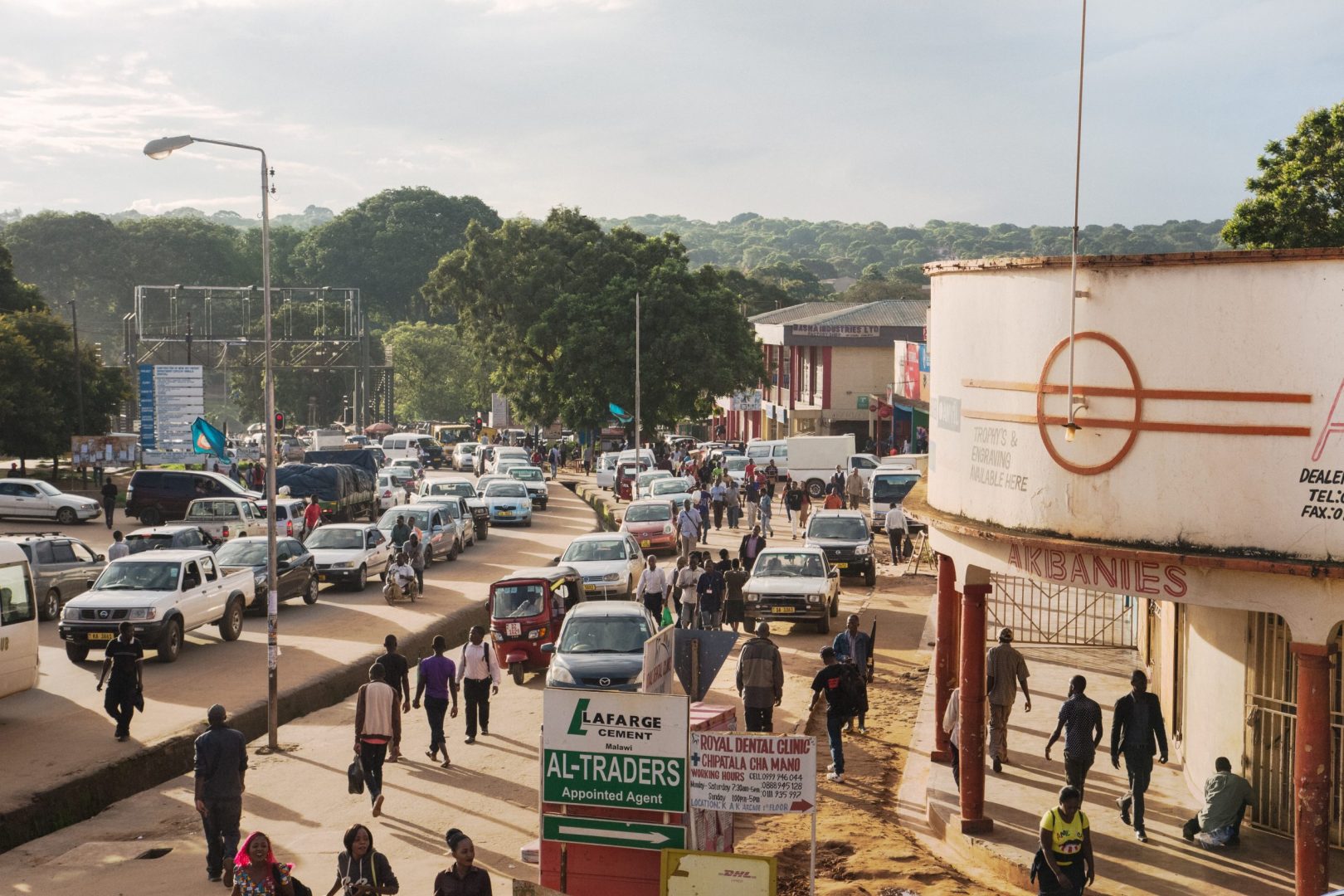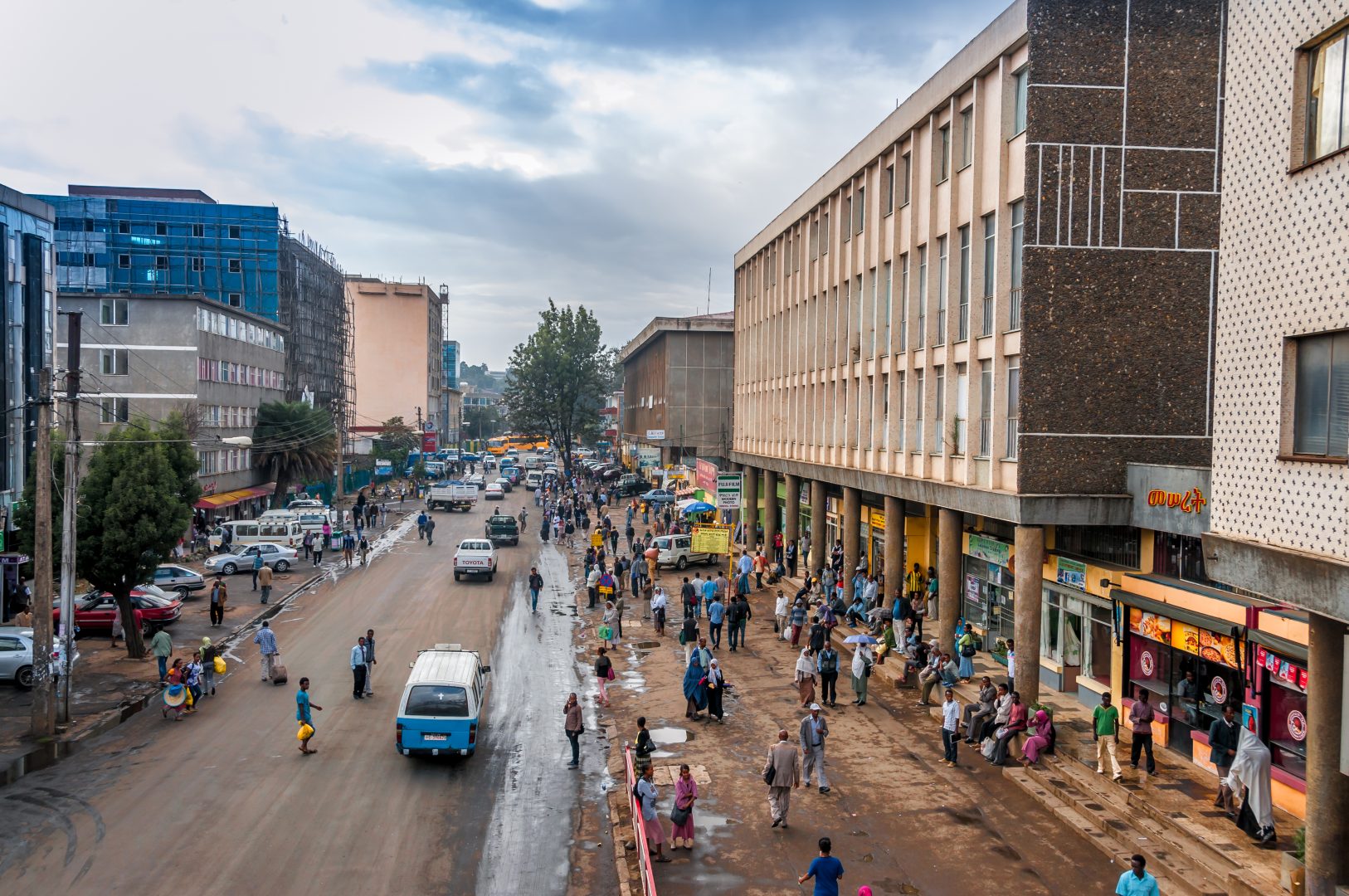The story behind Kenya’s recent economic growth is a positive one. The World Bank’s latest ‘Ease of Doing Business’ ratings identified Kenya as one of the most notably improved countries globally, progressing 24 places in two years from 80th in 2017 to 56th in 2019. Flow of foreign direct investment also saw a significant step up in 2018, increasing by 27 per cent to $1.6 billion, according to the United Nations Conference on Trade and Development (UNCTAD).
This is promising development for a country with big ambitions: Kenya Vision 2030 is a national development initiative which seeks to transform Kenya into an industrialised middle-income country by 2030. As part of this initiative, President Kenyatta’s ‘Big Four’ development agenda aims to deliver 500,000 affordable homes, achieve universal healthcare coverage, raise the share of manufacturing in the economy from 9 to 15 per cent, and improve food security – all by 2022.
Strengthening the private sector is crucial to implementing the Big Four, and foreign direct investment has a key role in increasing private sector activity. The Kenyan Government has shown its appetite for increased foreign direct investment by taking steps to facilitate private enterprise and foreign investment, for example through predictable regulatory and tax practices. In addition, thanks to Nairobi’s reputation as a commercial hub in East Africa, exposure to international best practice has raised professional standards in both the public and private sector.
A particularly promising sector within Kenya’s economy is fintech. Nairobi is well established as a centre for innovation in financial services in Africa; the rise of mobile-phone based money transfer service M-Pesa has revolutionised how business is conducted in Kenya and broadened financial inclusion across East Africa. The Central Bank of Kenya played a critical role in its success by creating a supportive regulatory environment at an early phase of development. This adept and efficient regulatory action has since encouraged the growth of myriad other fintech innovators and businesses in Nairobi with the appetite to be as transformative as M-Pesa.
The push for economic growth is not only driven by Kenya’s Government but also by its people. We’ve been tapping in to this potential since our early days as a development finance institution (DFI). Within a year of our establishment in 1948, we set up an office in Kenya and made our first investment.
Kenya’s relative maturity as a market has led some DFIs to shift their focus elsewhere in recent years. However, we want to maximise the country’s potential and cement its reputation for innovative, pioneering business ideas supporting inclusive growth to reach the 16 million Kenyans still living below the poverty line. For that reason, we currently have over $270 million committed to the country, supporting 70 companies that provide more than 25,000 jobs. And as East Africa’s largest economy and the regional hub for a range of sectors, including financial services, telecoms and transportation, Kenya was the obvious choice for us when we decided to re-establish an on-the-ground presence in East Africa in 2018. Since then, we have appointed Seema Dhanani as our new Head of Office for Kenya, who is playing an instrumental role in advancing and accelerating our activity across the country.
We’re focusing our approach on those sectors that we think can make a difference to Kenya and its people. These include infrastructure where we’ve made investments like our commitment to Malindi solar power project in South-East Kenya. We’re also supporting Kenya’s potential as the trading hub of East Africa with our commitment to Africa Logistics Properties and their modern warehouses just outside Nairobi. Financial institutions are a priority too, so we’re supporting I&M Bank which is expanding credit to those Kenyan SMEs and corporates that play such an important role in local job creation and wider economic expansion.
And our confidence in Kenya as a centre for funds and venture capital investment means we’ve backed fund managers operating in the region including Novastar Ventures, Ascent Capital and Energy Access Ventures.
The impact of the country’s success as a hub for innovation is illustrated through our investment in M-KOPA, a leading ‘pay-as-you-go’ energy provider to off-grid homes that we’ve invested in since 2017, and whose off-grid solar home systems now operate in over 700,000 low-income households in Kenya and Uganda. The company is constantly innovating and has recently developed appliances that run on off-grid solar – we recently shared the findings of our latest Insight report in partnership with M-KOPA, How innovation in off-grid refrigeration impacts lives in Kenya.
Throughout our history investing in Kenya we’ve found businesses which have shaped their industries and fostered economic development across the country. As domestic markets flourish, we are excited to continue creating commercial value though impactful investment. Our role as a DFI will continue to support businesses on the ground and investors who wish to join us in driving growth in the region.

